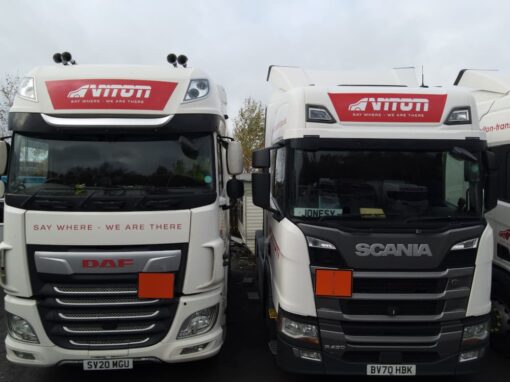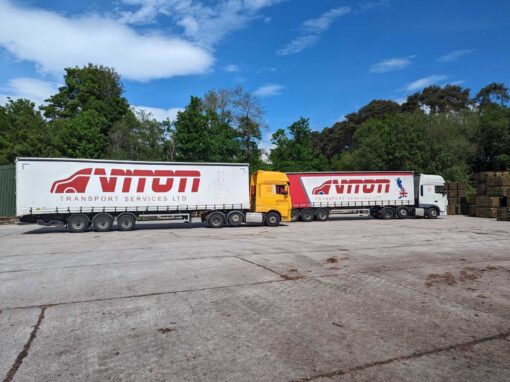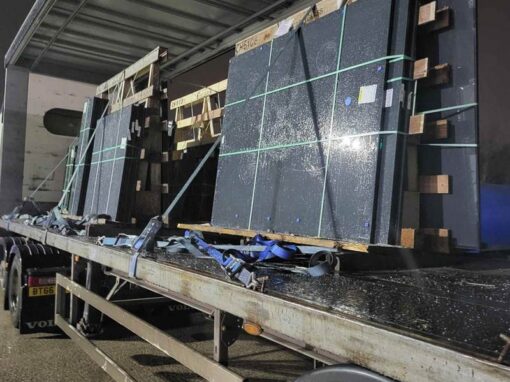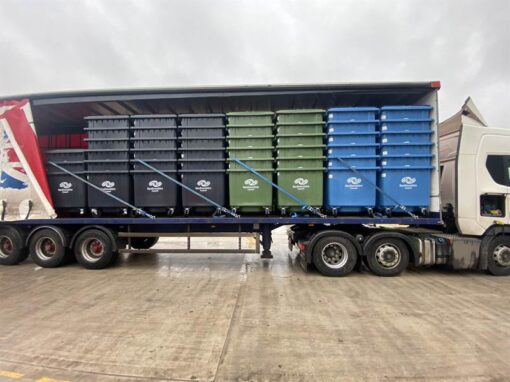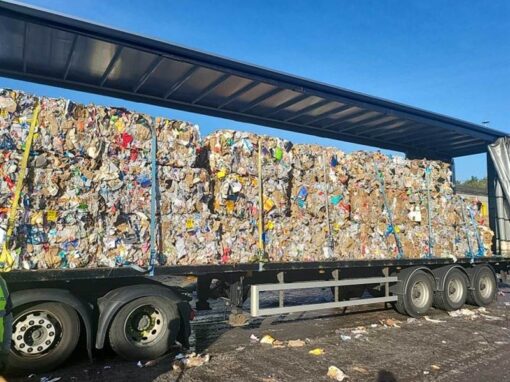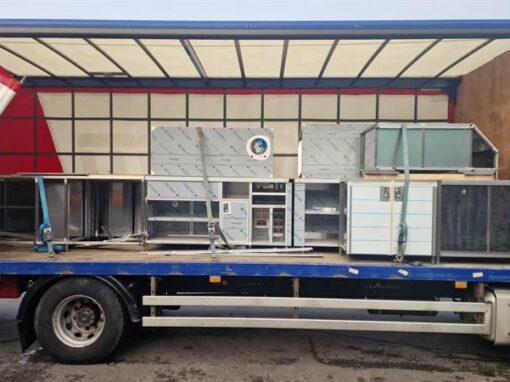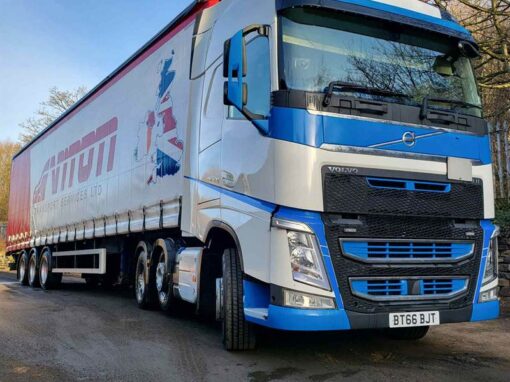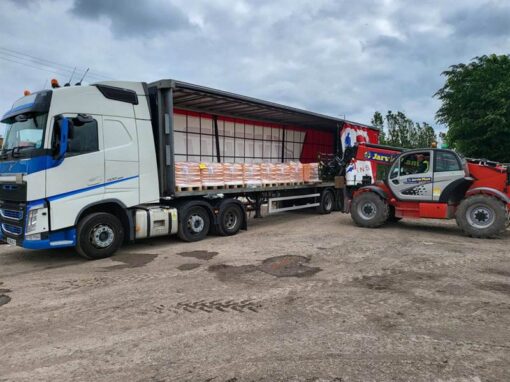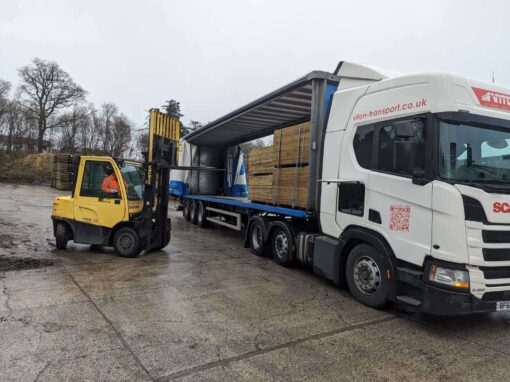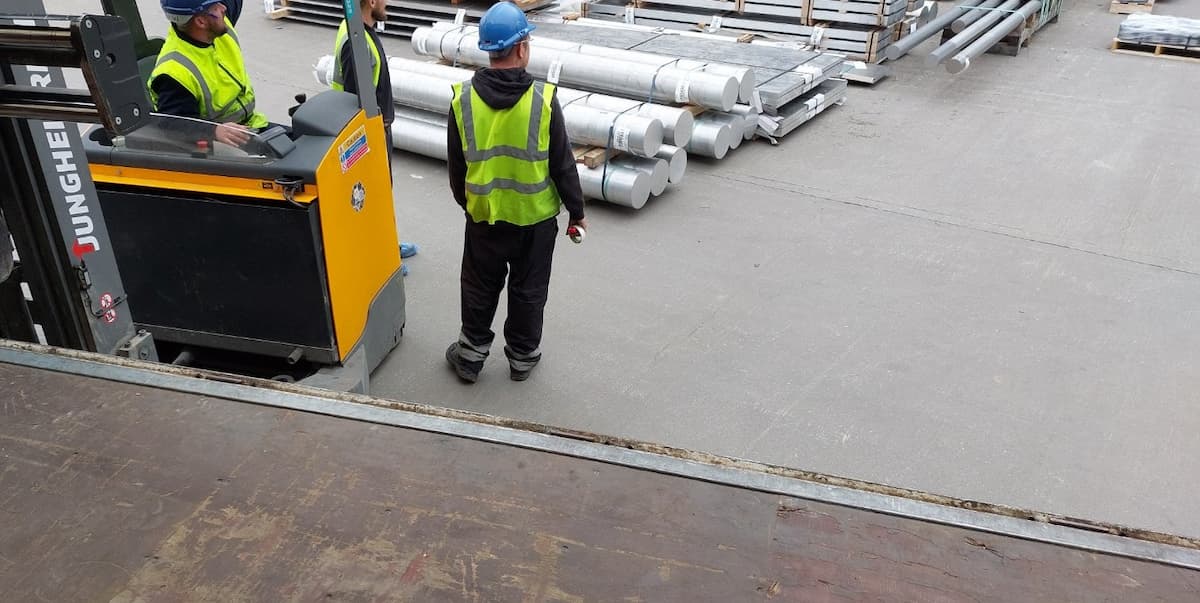Rising To The Challenge: Overcoming The Top 5 Manufacturing Hurdles Of 2024
In 2024, the manufacturing industry stands at the peak of significant change. Despite grappling with challenges like labour shortages and supply chain disruptions, it remains resilient and poised for growth at an estimated annual rate of 3.57% until 2028. This resilience is bolstered by factors such as infrastructure improvements and research advancements, with transportation playing a pivotal role in connecting disparate elements of the supply chain.
As manufacturers strive to enhance efficiency and adapt to evolving market demands, transportation emerges as a vital component in facilitating seamless operations and timely deliveries.
- Labour Shortage: The manufacturing sector is confronting a significant shortage of skilled labour, projected to endure throughout 2024 and beyond. The Manufacturing Institute forecasts that by 2030, the industry could face a staggering 2.1 million vacancies. This scarcity stems from various factors, encompassing an ageing workforce, diminished interest among young people in pursuing careers in manufacturing, and a limited pool of qualified applicants. Manufacturers are increasingly resorting to offering elevated wages to both attract and retain killed workers, leading to heightened pressure on profit margins.
- Inflation and Stability: Supply chain challenges and labour shortages have driven up the costs of goods and services, triggering inflation concerns across various sectors of the economy. The manufacturing industry is closely familiar with the wider economic environment, with inflation and stability ranking among the primary challenges anticipated for 2024. Escalating prices for raw materials, energy, and other inputs are squeezing profit margins and complicating manufacturers’ efforts to invest in innovation and expansion.
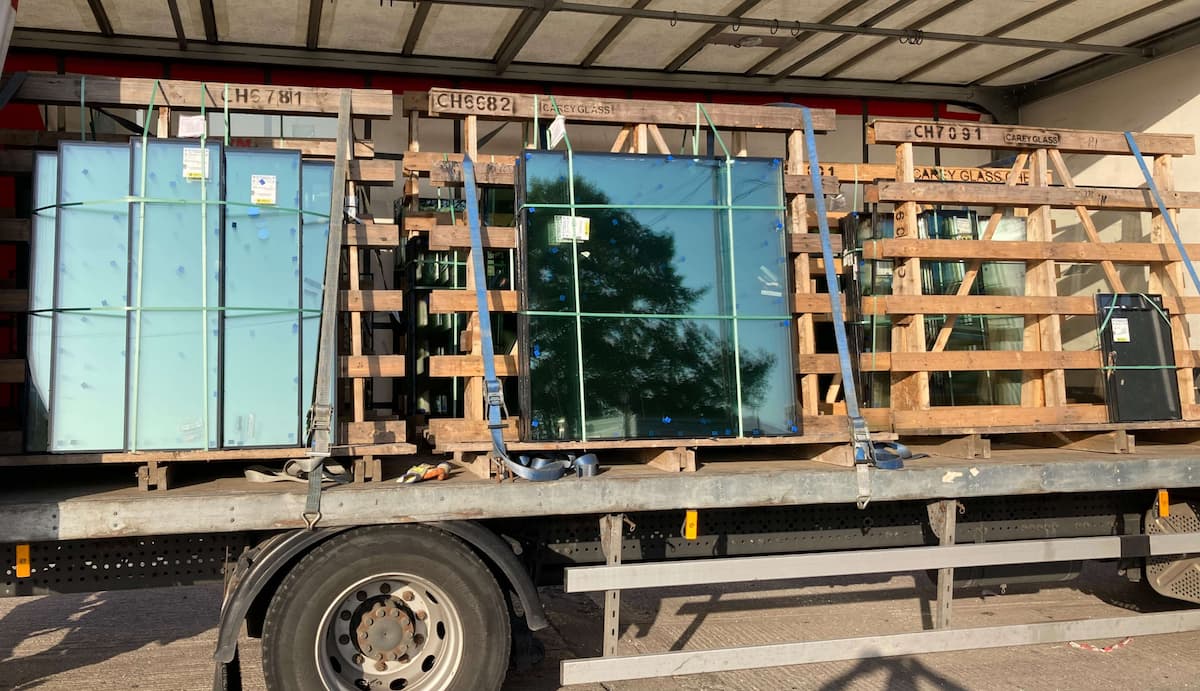
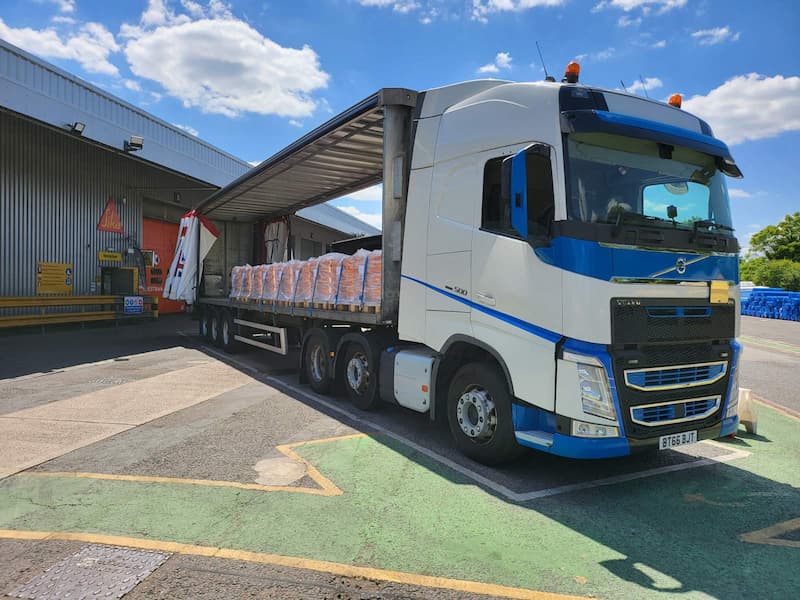
3. Technological Advancements: As we journey towards a digitalized future in manufacturing, one thing is clear: digital transformation is inevitable. Mastering digital skills is now a necessity, but it’s crucial to strike a balance between digitalization and practical, hands-on roles. The future of manufacturing is both digital and human-centric, with practical skills playing a vital role in craftsmanship and precision. By investing in training and collaboration, companies can ensure their workforce is ready for the digital age, fostering innovation and progress in this evolving landscape.
4. Environmental And Ethical Challenges: The manufacturing industry is under pressure to reduce its environmental impact and operate ethically due to increasing public awareness, corporate social responsibility (CSR), and conscious consumerism. Consumers demand environmentally and ethically
responsible products, driving manufacturers to adopt sustainable practices. In 2024, the industry faces challenges like supply chain disruptions and labour shortages. To succeed, manufacturers must innovate, collaborate, and prioritize sustainability, leveraging advanced technologies and a skilled workforce.
5. Transport and Logistics Costs: Using freight forwarders (brokers) in the haulage industry can lead to inefficiencies and unnecessary costs for manufacturers. These companies typically do not own a fleet but act as intermediaries, charging manufacturers extra fees, and often being incompetent. This indirect arrangement often results in poor communication between manufacturers and haulage providers, as they are not directly engaged with each other. Opting for haulage companies with their own fleet ensures direct communication and lower costs, bypassing the need for intermediaries like freight forwarders. By working directly with haulage companies, manufacturers can improve logistics processes and achieve better outcomes for their shipments.

